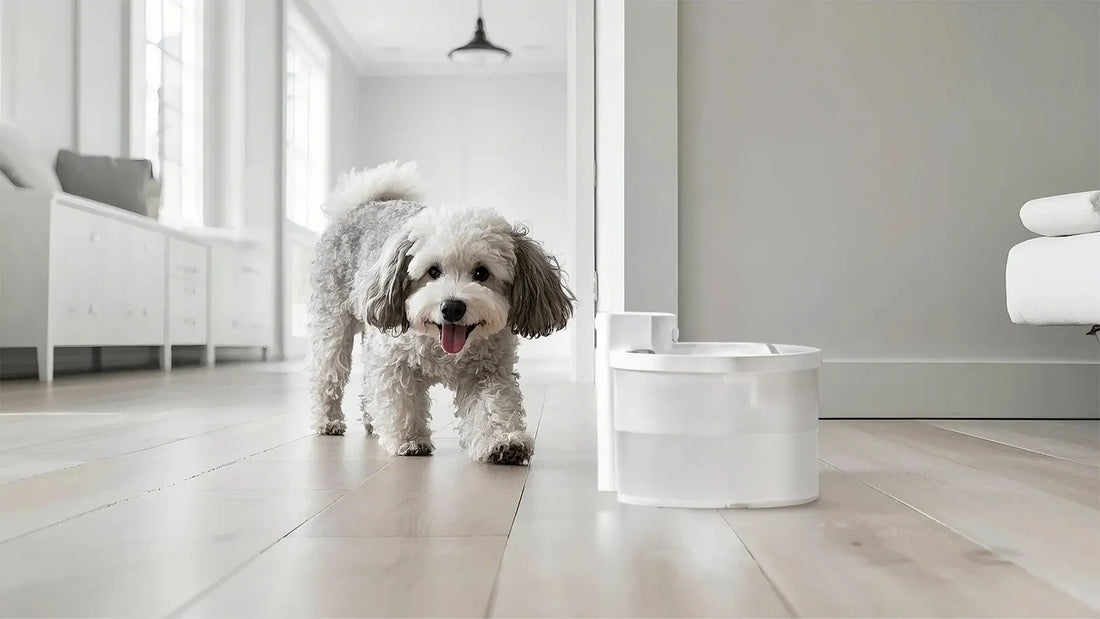When your dog is drinking water but not eating, it can be a cause for concern. This behavior often signals an underlying issue that needs attention. Understanding the reasons behind this and knowing how to respond can help ensure your furry friend stays healthy and happy.
Common Reasons Why a Dog Is Drinking Water But Not Eating
There are several potential reasons why your dog might be drinking water but avoiding food. Some of the most common causes include:
- Illness or Infection: Dogs may lose their appetite due to illnesses such as infections, gastrointestinal issues, or more serious conditions like kidney disease or liver problems.
- Dental Problems: Painful dental issues, such as tooth decay or gum disease, can make eating uncomfortable for your dog.
- Stress or Anxiety: Changes in the environment, routine, or the presence of new pets or people can cause stress, leading to a loss of appetite.
- Medication Side Effects: Certain medications can reduce your dog's appetite as a side effect.
- Picky Eating: Some dogs are naturally picky eaters and may refuse food if they don't like the taste or texture.
When to Seek Veterinary Help
While occasional loss of appetite can be normal, persistent refusal to eat warrants a visit to the vet. Seek immediate veterinary attention if your dog exhibits additional symptoms such as vomiting, diarrhea, lethargy, or significant weight loss. These could indicate a more serious health issue that requires prompt treatment.
Tips to Encourage Your Dog to Eat
If your dog is drinking water but not eating, there are several strategies you can try to stimulate their appetite:
- Offer a Variety of Foods: Experiment with different types of food, such as wet food, dry kibble, or homemade meals, to see what your dog prefers.
- Warm Up the Food: Warming your dog's food slightly can enhance its aroma and make it more appealing.
- Create a Calm Environment: Ensure your dog feels safe and relaxed during mealtime by minimizing distractions and providing a quiet space.
- Stick to a Routine: Feeding your dog at the same times each day can help establish a consistent eating pattern.
- Consult Your Vet: If your dog's appetite doesn't improve, consult your veterinarian for further guidance and potential dietary recommendations.
Preventing Future Appetite Loss
To prevent your dog from drinking water but not eating in the future, focus on maintaining their overall health and well-being. Regular veterinary check-ups, a balanced diet, and a stress-free environment can go a long way in keeping your dog's appetite stable. Additionally, monitor your dog's behavior closely and address any changes promptly to avoid potential health issues.
If your dog is drinking water but not eating, don't panic. By identifying the cause and taking appropriate action, you can help your furry companion regain their appetite and thrive. Remember, your vet is your best ally in ensuring your dog's health and happiness.













